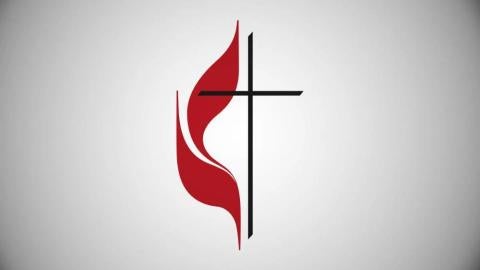Colonial Pipeline Reopens Amid Gas Price and Cybersecurity Concerns
The nation's largest fuel pipeline is re-starting, almost a week after a group of hackers forced it to shut down.
Colonial Pipeline announced the news late Wednesday. It stopped its pipeline operations in response to cyberattackers demanding ransom payments after tapping into company data.
The company said it will take several days for deliveries to return to normal.
It can't happen soon enough for millions of people in the Southeast who've witnessed their gas stations running out of fuel and endured long lines at the ones still in operation.
In North Carolina at one point, almost 3 in 4 stations were out of gas with similar but less severe shortages in states up and down the East Coast.
Prices shot above $3 a gallon for the first time since 2014.
***Please sign up for CBN Newsletters and download the CBN News app to ensure you keep receiving the latest news from a distinctly Christian perspective.***
There's concern that even if Colonial resumes normal operations in a few days, gas prices will continue to climb and that will affect other sectors like home building and food.
"Gasoline prices will go up quick--they don't come down so quick," said Dan Celia, president of Financial Issues Stewardship Ministries.
"Demand will pick up this summer because of pent-up demand to travel and supply will be low, because we just haven’t been up to speed from a production standpoint because of the pandemic so prices will stay up," he said.
Colonial reportedly is not planning to pay a ransom to the hackers and is working with a cybersecurity company to rebuild its systems.
But cybersecurity expert Dr. Eric Cole says the pipeline company will pay and embolden more hackers in the process.
He told CBN News, "They said they're going to be up and running by the end of the week and the only possible way is if they pay the ransom. And the problem with this is, once one entity pays a multi-million dollar ransom every other hacking group knows that other companies are going to pay, so this is now the new norm."
The Associated Press reports an audit of the company three years ago found "glaring deficiencies."
Colonial says it's spent tens of millions of dollars evaluating and improving its system.
The attack demonstrates just how vulnerable both public and private sectors in the U.S. are to sophisticated hackers that wish to profit and do harm.
It's why the president signed an executive order Wednesday, meant to strengthen U.S. cybersecurity. It will require basic cyber defenses for all federal agencies with the hopes of encouraging software security in the private sector as well.





